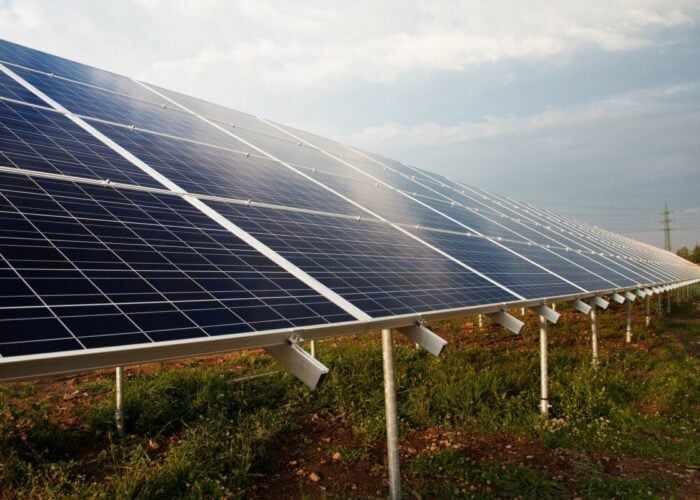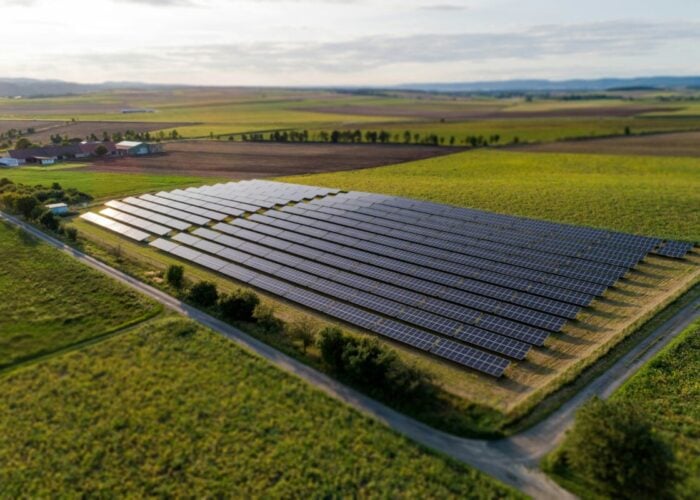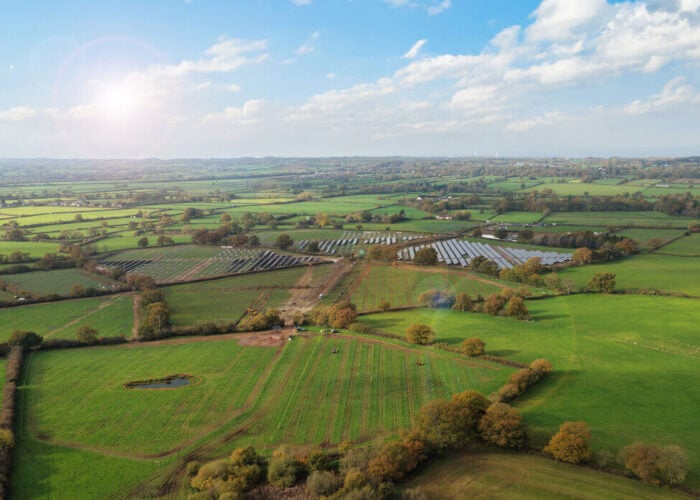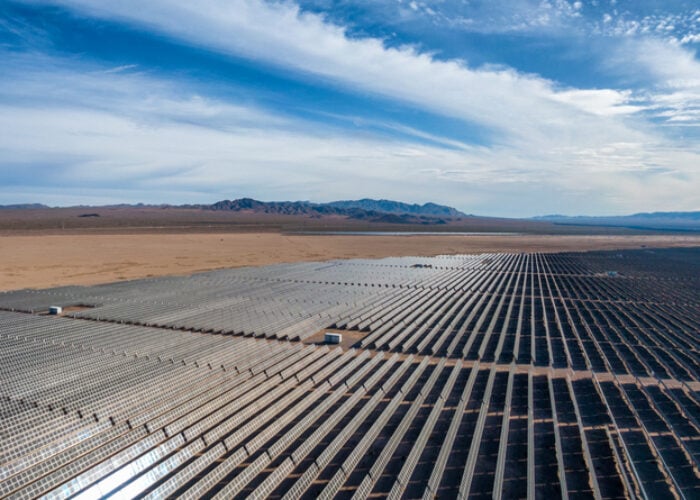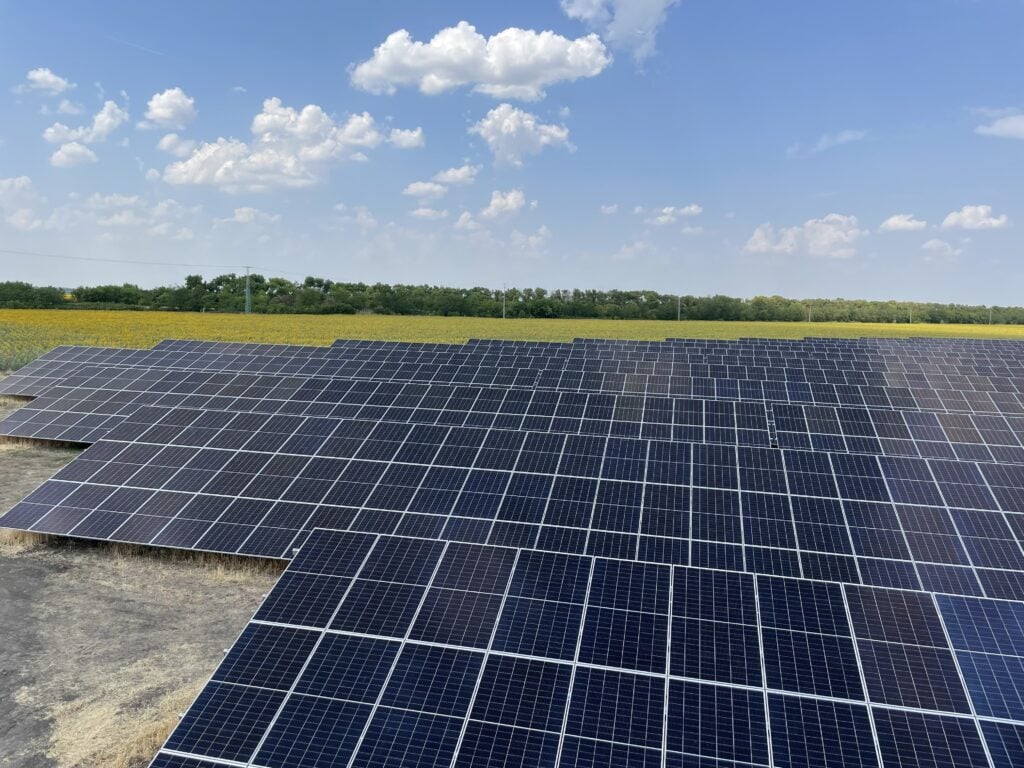
US software and services company Stem has deployed its AI monitoring and optimisation solutions at the 304MW Mezőcsát solar plant in Hungary, the country’s largest.
The solutions are collected under a single energy platform, called Athena, and includes the PowerTrack and PowerManager control solutions developed by Stem’s subsidiary, AlsoEnergy. The platform’s primary function will be to monitor conditions at the plant, most notably climate patterns, to enable Extor Energy, the project’s operations and maintenance provider, to make informed decisions about how best to manage the facility.
Try Premium for just $1
- Full premium access for the first month at only $1
- Converts to an annual rate after 30 days unless cancelled
- Cancel anytime during the trial period
Premium Benefits
- Expert industry analysis and interviews
- Digital access to PV Tech Power journal
- Exclusive event discounts
Or get the full Premium subscription right away
Or continue reading this article for free
The platform can also track data on the project itself, enabling its operators to assess how the project is operating, and when it is producing power the most efficiently. The integration of such solutions at Hungary’s largest solar plant is an important step in demonstrating how such monitoring processes can be an integral part of some of the most influential solar projects in Europe.
“Stem is excited to see our international strategy coming to fruition with the successful activation of utility-scale clean energy assets, especially as the European market prepares for Net-Zero Industry Act, one of the biggest investment initiatives in the renewable energy sector,” said Stem CEO John Carrington.
“As more businesses explore storage solutions, we look forward to continuing to deliver value and support in monetising more clean energy projects in existing and expanding markets.”
Carrington’s words are particularly significant, considering the increased attention given to solar power across Europe in general, and Hungary in particular. Last week, the deadline passed for EU members to submit draft proposals for updates to their national energy and climate plans, with many countries targeting more ambitious clean energy goals, and looking to increase the contribution of solar power to their energy mixes.
Hungary, meanwhile, is looking to reduce its reliance on foreign imports of power, and has targeted solar as a means to ensure a stable domestic supply of energy. The Mezőcsát facility began production last month, and was partially funded through a 15-year bond under the Bond Funding for Growth Scheme, organised by the National Bank of Hungary, as actors across the industries look to develop Hungarian solar.

